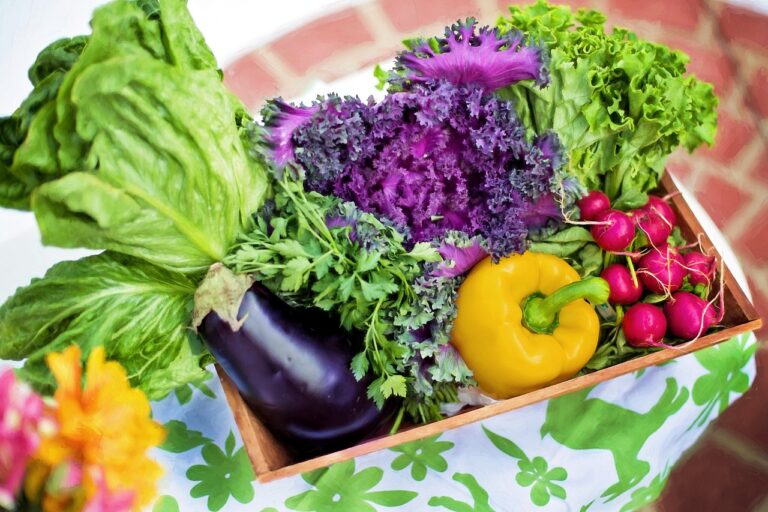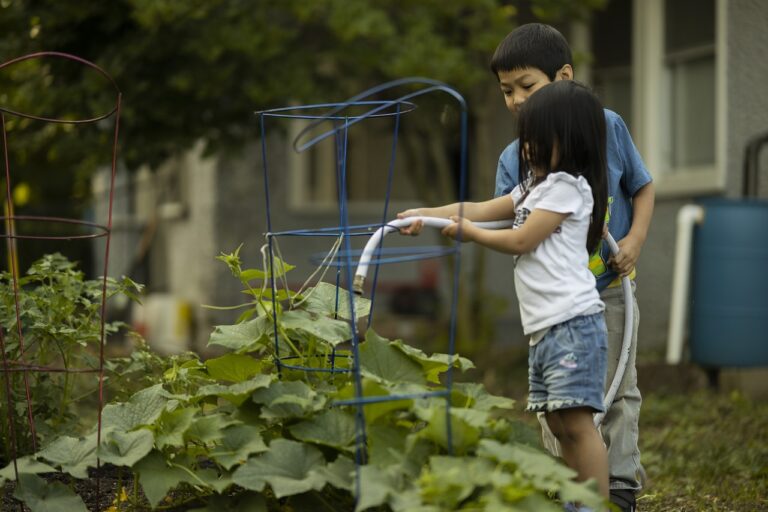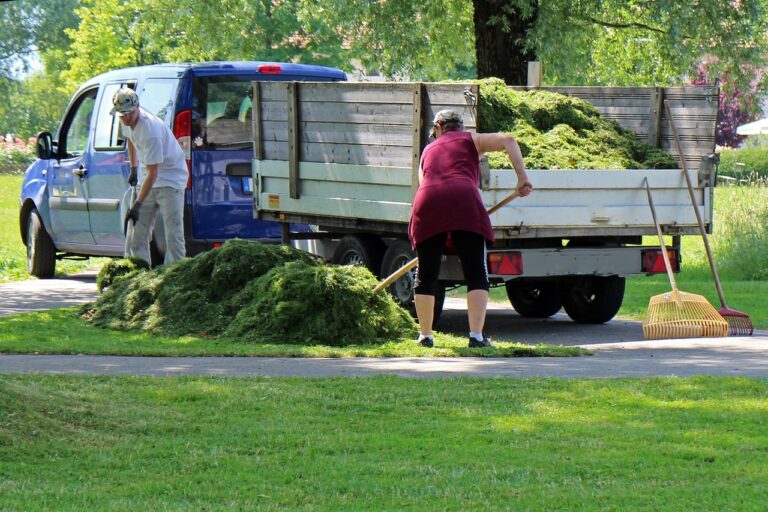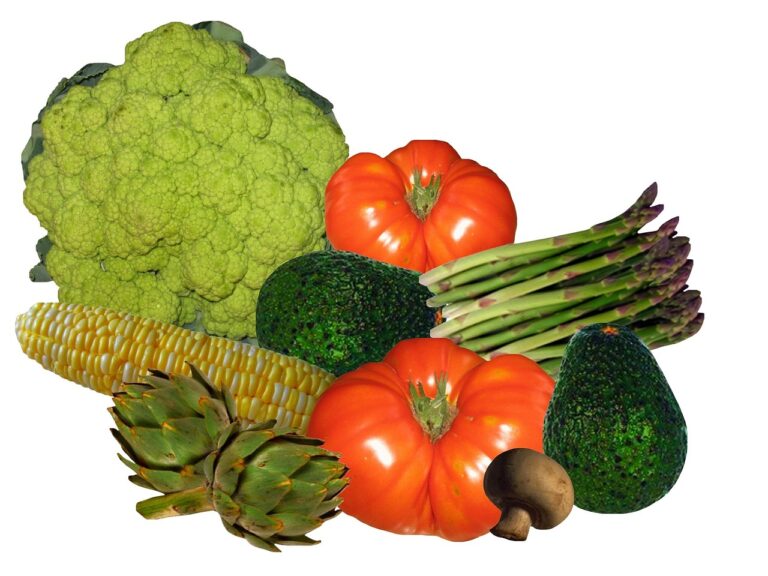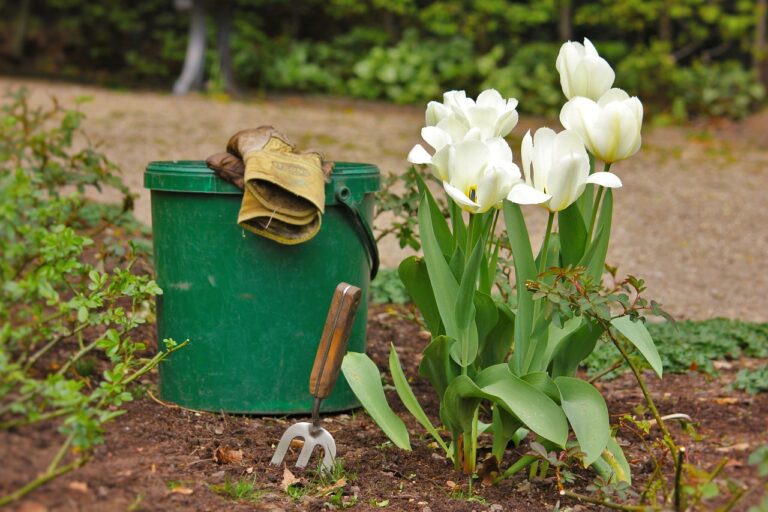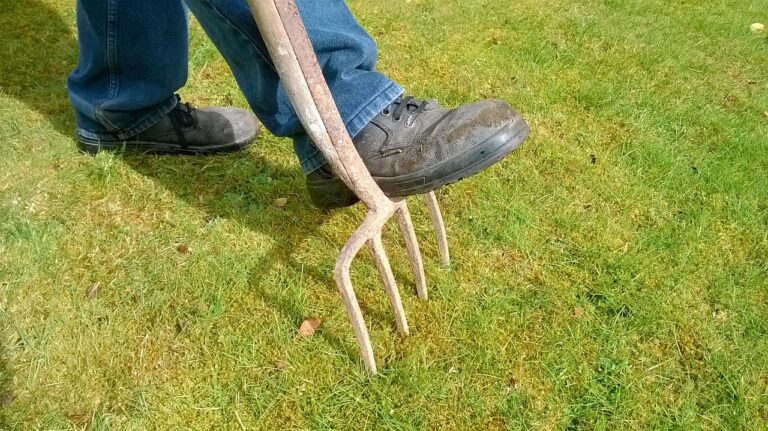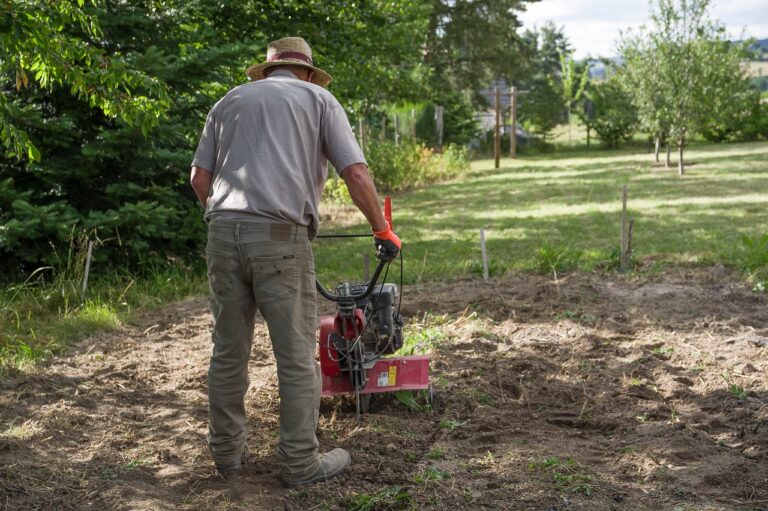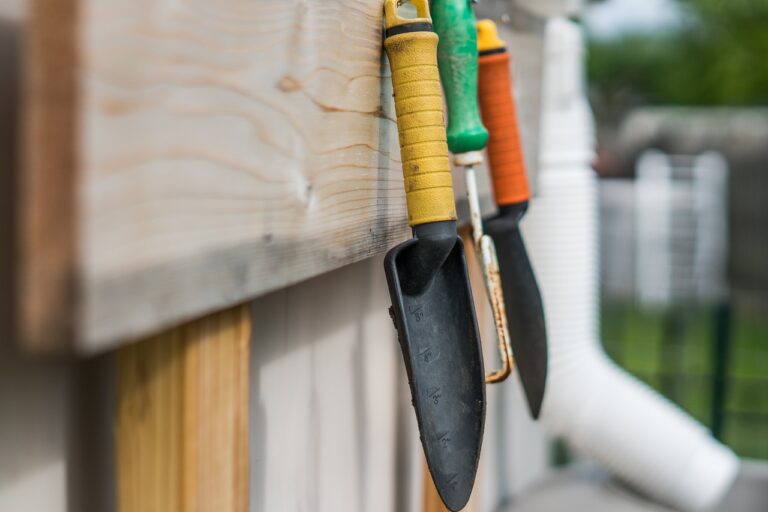Compost Bins: An Eco-Friendly Solution for Sustainable Waste Management
Compost bins are an essential tool for responsible waste management and sustainable living. They provide an efficient way to transform organic waste into valuable nutrient-rich compost, reducing landfill waste and improving soil health. This guide delves into the benefits, types, best practices, and key considerations for choosing the right compost bin.
Types of Compost Bins
Enclosed Compost Bins
- Pros: Contain odors and pests; provide insulation for faster composting.
- Cons: May require more frequent turning; can be more expensive.
Open Compost Bins
- Pros: Easy to access; often more affordable.
- Cons: Exposed to pests and elements; may release odors.
Tumbling Compost Bins
- Pros: Rotate easily, speeding up decomposition; minimize odors.
- Cons: Require occasional manual rotation; smaller capacity.
Benefits of Using Compost Bins
- Reduces landfill waste: Converts organic waste into nutrient-rich compost.
- Improves soil health: Adds nutrients, organic matter, and beneficial microorganisms to the soil.
- Reduces greenhouse gases: Prevents organic waste from decomposing in landfills, releasing methane.
- Saves money: Eliminates landfill fees and reduces fertilizer costs.
Choosing the Right Compost Bin
Size and Capacity
- Consider the amount of waste generated by your household or garden.
- A larger bin will accommodate more waste but may take longer to fill.
- Small bins are ideal for apartments or limited space.
Materials
- Wood: Durable and biodegradable, but requires regular maintenance.
- Plastic: Lightweight and weather-resistant, but less eco-friendly.
- Metal: Sturdy and rust-resistant, but requires insulation in cold climates.
Ventilation and Drainage
- Ventilation: Ensures oxygen flow, which is crucial for composting.
- Drainage: Prevents waterlogging, which can slow down decomposition.
Best Practices for Composting
Materials to Compost
- Fruit and vegetable scraps: Peelings, cores, leftovers.
- Yard waste: Grass clippings, leaves, twigs.
- Paper products: Newspapers, cardboard (remove glossy surfaces).
- Eggshells: Provide calcium for compost.
- Coffee grounds: Add nitrogen and acids.
Materials to Avoid
- Dairy products: Can attract pests and slow down decomposition.
- Meat and fish: Can attract pests and produce unpleasant odors.
- Fat and grease: Can clog pores and hinder airflow.
- Diseased plants: Can spread disease.
- Pet waste: Can contain parasites.
Conclusion
Compost bins empower individuals and communities to reduce their environmental impact while fostering healthy soil. By choosing the right bin and following best composting practices, you can transform household and garden waste into valuable compost that nourishes your plants and enriches the environment. Embrace the benefits of composting and contribute to a more sustainable future.






